What beautiful images the Gospel evokes. It’s all about connection. Jesus desires us to be one with Him, to be connected to Him, to remain in Him. And when we do that, when we remain in Him, we have abundant life. In my mind’s eye I see a beautiful, lush vineyard, sturdy branches, and vines growing every which way on a trellis, beautiful purple grapes hanging down, ready to be eaten or crushed for wine. When I was a little girl, my great-uncle grew grapes in his backyard (in Queens NY), and we sat under the vines for many a meal.
The two readings today create an ironic tone. In the first reading, the people are arguing about circumcision. And Paul and Barnabas must leave their evangelization efforts to go to Jerusalem to sort out the problem. Then the Gospel so clearly states what is necessary: to remain close to Christ, to allow the word to prune you, so that you may have abundance.
When we are connected to Jesus, we are fully alive. His life gives us life, His words lead us to be who we are created to be. God is glorified when we bear much fruit and live as Jesus’ disciples. There is no need or place for division among us. We can do nothing when we are separated from Jesus. We are meant to live in unity with God and with each other. One branch and vine do not make a vineyard. When we are together, helping each other grow, we bear good fruit.
Jesus wants us to remain in Him out of love for us. He calls us to Himself to teach us how to be whole. For me, prayer is the best way to stay close to Jesus – not rote prayers but meditating on Scripture. As we continue in this Easter season and can see Pentecost approaching, think about what gift you would like from the Holy Spirit that will help you remain close to Jesus.
Qué imágenes tan hermosas evoca el Evangelio. Todo se trata de conexión. Jesús desea que seamos uno con Él, que estemos conectados con Él, que permanezcamos en Él. Y cuando hacemos eso, cuando permanecemos en Él, tenemos vida abundante. En mi mente veo un hermoso y exuberante viñedo, ramas robustas y vides que crecen por todos lados en un enrejado, hermosas uvas moradas colgando, listas para comer o para aplastadas y hacer vino. Cuando era niña, mi tío abuelo cultivaba uvas en su patio trasero (en Queens, Nueva York), y muchas veces nos sentábamos bajo las vides para comer.
Las dos lecturas de hoy crean un tono irónico. En la primera lectura, la gente está discutiendo sobre la circuncisión. Y Pablo y Bernabé deben dejar sus esfuerzos de evangelización para ir a Jerusalén a resolver el problema. Luego, el Evangelio establece claramente lo que es necesario: permanecer cerca de Cristo, permitir que la palabra te pode, para que puedas tener abundancia.
Cuando estamos conectados con Jesús, estamos completamente vivos. Su vida nos da vida, sus palabras nos llevan a ser quienes fuimos creados para ser. Dios es glorificado cuando damos mucho fruto y vivimos como discípulos de Jesús. No hay necesidad ni lugar para la división entre nosotros. No podemos hacer nada cuando estamos separados de Jesús. Estamos destinados a vivir en unidad con Dios y con los demás. Una rama y una vid no hacen una viña. Cuando estamos juntos, ayudándonos mutuamente a crecer, damos buen fruto.
Jesús quiere que permanezcamos en Él por amor a nosotros. Nos llama a sí mismo para enseñarnos cómo ser completos. Para mí, la oración es la mejor manera de permanecer cerca de Jesús, no oraciones de memoria sino meditando en las Escrituras. A medida que continuamos en esta temporada de Pascua y vemos que se acerca Pentecostés, piensa en cuál don te gustaría recibir del Espíritu Santo para ayudarte a permanecer cerca de Jesús.
 Deanna G. Bartalini, M.Ed.; M.P.A., is a certified spiritual director, writer, speaker and content creator. The LiveNotLukewarm.com online community is a place to inform, engage and inspire your Catholic faith. Her weekly Not Lukewarm Podcast gives you tips and tools to live out your faith in your daily life.
Deanna G. Bartalini, M.Ed.; M.P.A., is a certified spiritual director, writer, speaker and content creator. The LiveNotLukewarm.com online community is a place to inform, engage and inspire your Catholic faith. Her weekly Not Lukewarm Podcast gives you tips and tools to live out your faith in your daily life.
Feature Image Credit: Suda Guan, unsplash.com/photos/selective-focus-photography-of-grapes-at-daytime-y_8ncYPfa0g
The views and opinions expressed in the Inspiration Daily blog are solely those of the original authors and contributors. These views and opinions do not necessarily represent those of Diocesan, the Diocesan staff, or other contributors to this blog.
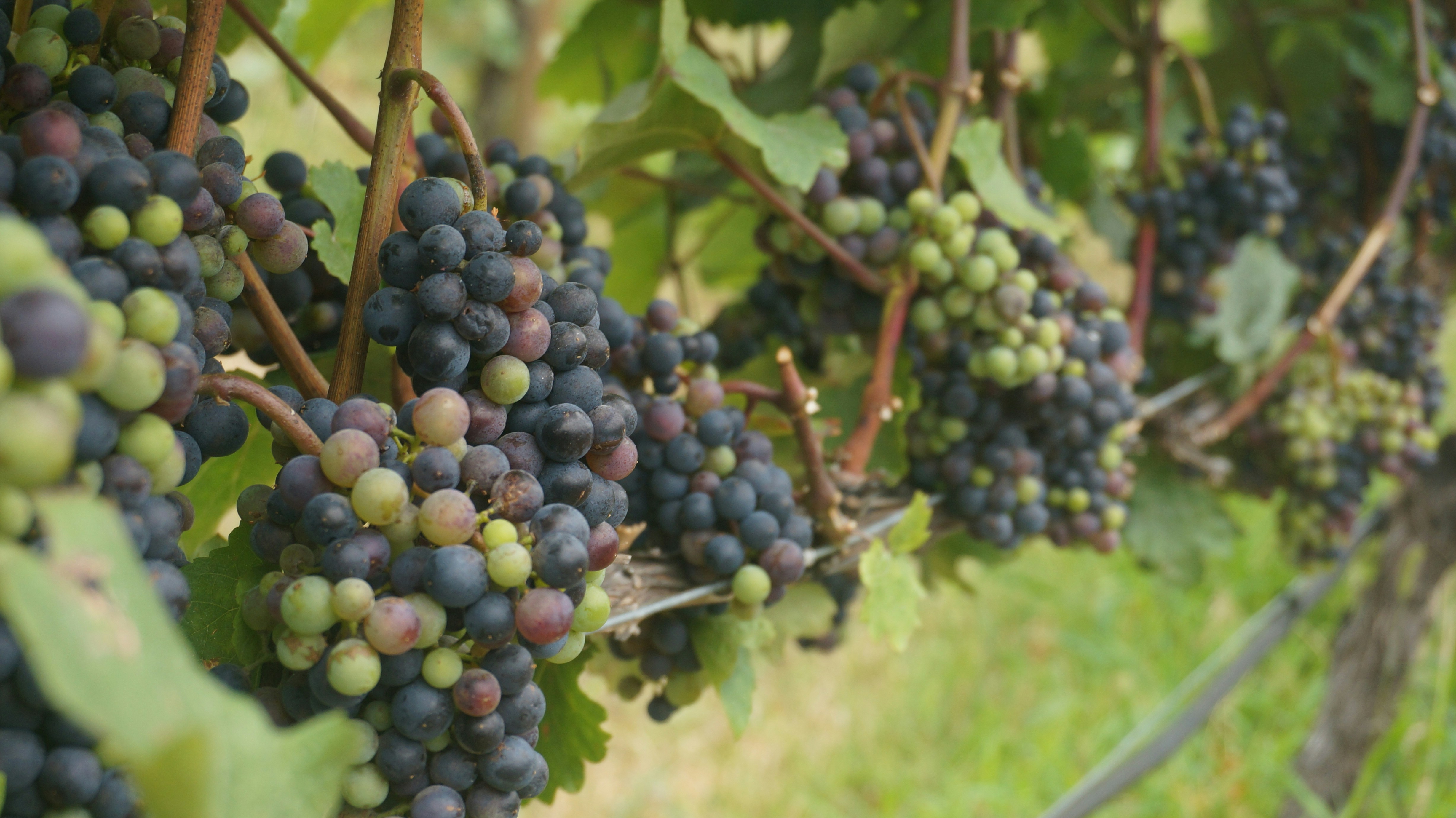

 Dr. Alexis Dallara-Marsh is a board-certified neurologist who practices in Bergen County, NJ. She is a wife to her best friend, Akeem, and a mother of four little ones on Earth and two others in heaven above.
Dr. Alexis Dallara-Marsh is a board-certified neurologist who practices in Bergen County, NJ. She is a wife to her best friend, Akeem, and a mother of four little ones on Earth and two others in heaven above.

 Mike Karpus is a regular guy. He grew up in Michigan’s Upper Peninsula, graduated from Michigan State University and works as an editor. He is married to a Catholic school principal, raised two daughters who became Catholic school teachers at points in their careers, and now relishes his two grandchildren, including the older one who is fascinated with learning about his faith. He also has served on a Catholic school board, a pastoral council and a parish stewardship committee. He currently is a lector at Mass, a Knight of Columbus, Adult Faith Formation Committee member and a board member of the local Habitat for Humanity organization. But mostly he’s a regular guy.
Mike Karpus is a regular guy. He grew up in Michigan’s Upper Peninsula, graduated from Michigan State University and works as an editor. He is married to a Catholic school principal, raised two daughters who became Catholic school teachers at points in their careers, and now relishes his two grandchildren, including the older one who is fascinated with learning about his faith. He also has served on a Catholic school board, a pastoral council and a parish stewardship committee. He currently is a lector at Mass, a Knight of Columbus, Adult Faith Formation Committee member and a board member of the local Habitat for Humanity organization. But mostly he’s a regular guy.
 Pamela Kavanaugh is a grateful wife, mother, and grandmother who has dedicated her professional life to Catholic education. Though she has done her very best to teach her students well in the subjects of language and religion, she knows that she has learned more than she has taught. She lives, teaches, and writes in southwest suburban Chicago.
Pamela Kavanaugh is a grateful wife, mother, and grandmother who has dedicated her professional life to Catholic education. Though she has done her very best to teach her students well in the subjects of language and religion, she knows that she has learned more than she has taught. She lives, teaches, and writes in southwest suburban Chicago.
 Kate Taliaferro is an Air Force wife and mother. She is blessed to be able to homeschool, bake bread and fold endless piles of laundry. When not planning a school day, writing a blog post or cooking pasta, Kate can be found curled up with a book or working with some kind of fiber craft. Kate blogs at
Kate Taliaferro is an Air Force wife and mother. She is blessed to be able to homeschool, bake bread and fold endless piles of laundry. When not planning a school day, writing a blog post or cooking pasta, Kate can be found curled up with a book or working with some kind of fiber craft. Kate blogs at 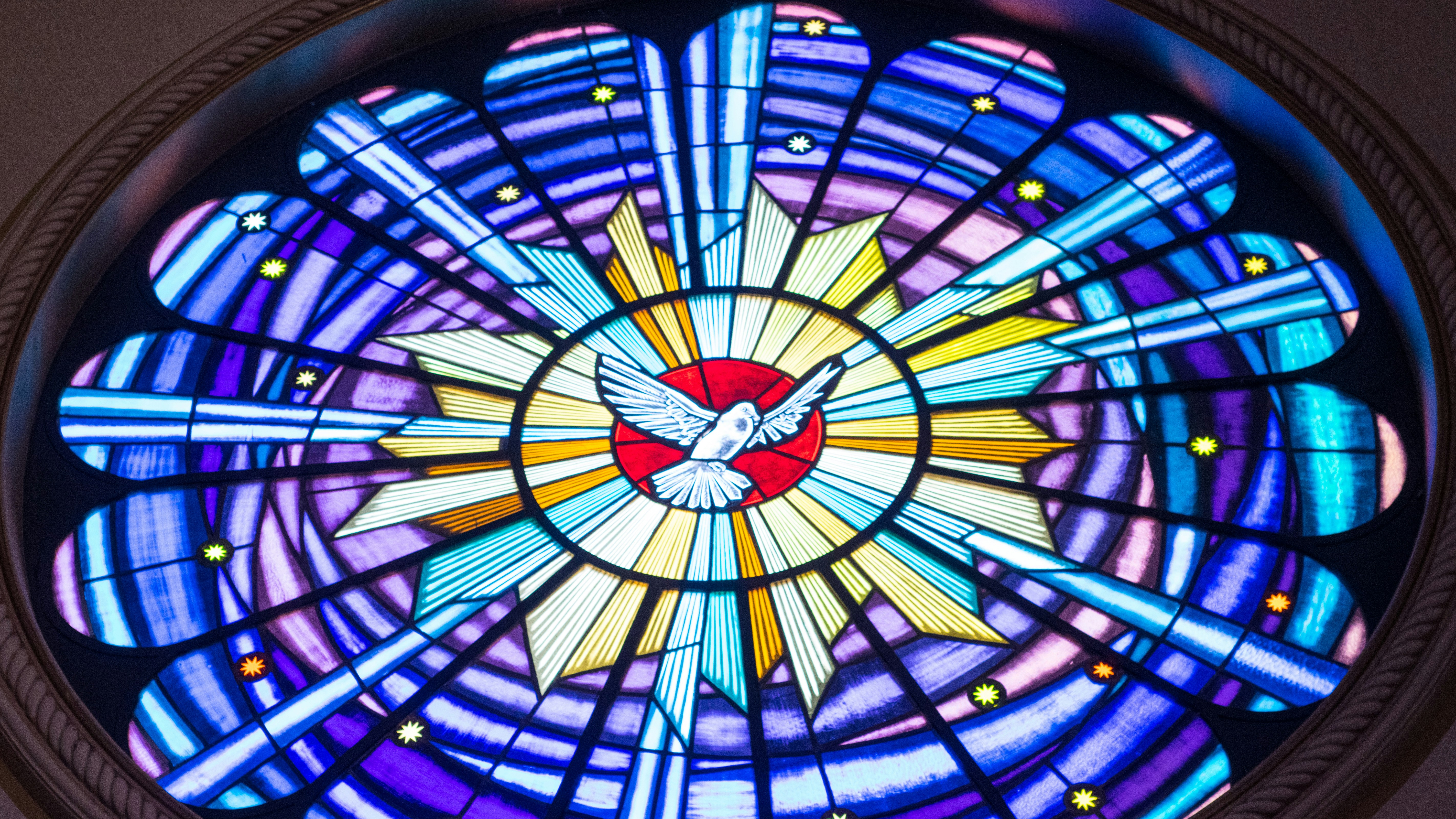


 Lily is a Michigan native and cradle Catholic who has spent most of her life exploring her own reasons to embrace her faith fully. She attended Franciscan University of Steubenville, where she discovered the beauty of her personal relationship with Christ and the Church. After college, she worked in Montessori Education for three years and recently transitioned to nannying. She was recently married and spends most of her time reading, and enjoying her dog and family!
Lily is a Michigan native and cradle Catholic who has spent most of her life exploring her own reasons to embrace her faith fully. She attended Franciscan University of Steubenville, where she discovered the beauty of her personal relationship with Christ and the Church. After college, she worked in Montessori Education for three years and recently transitioned to nannying. She was recently married and spends most of her time reading, and enjoying her dog and family!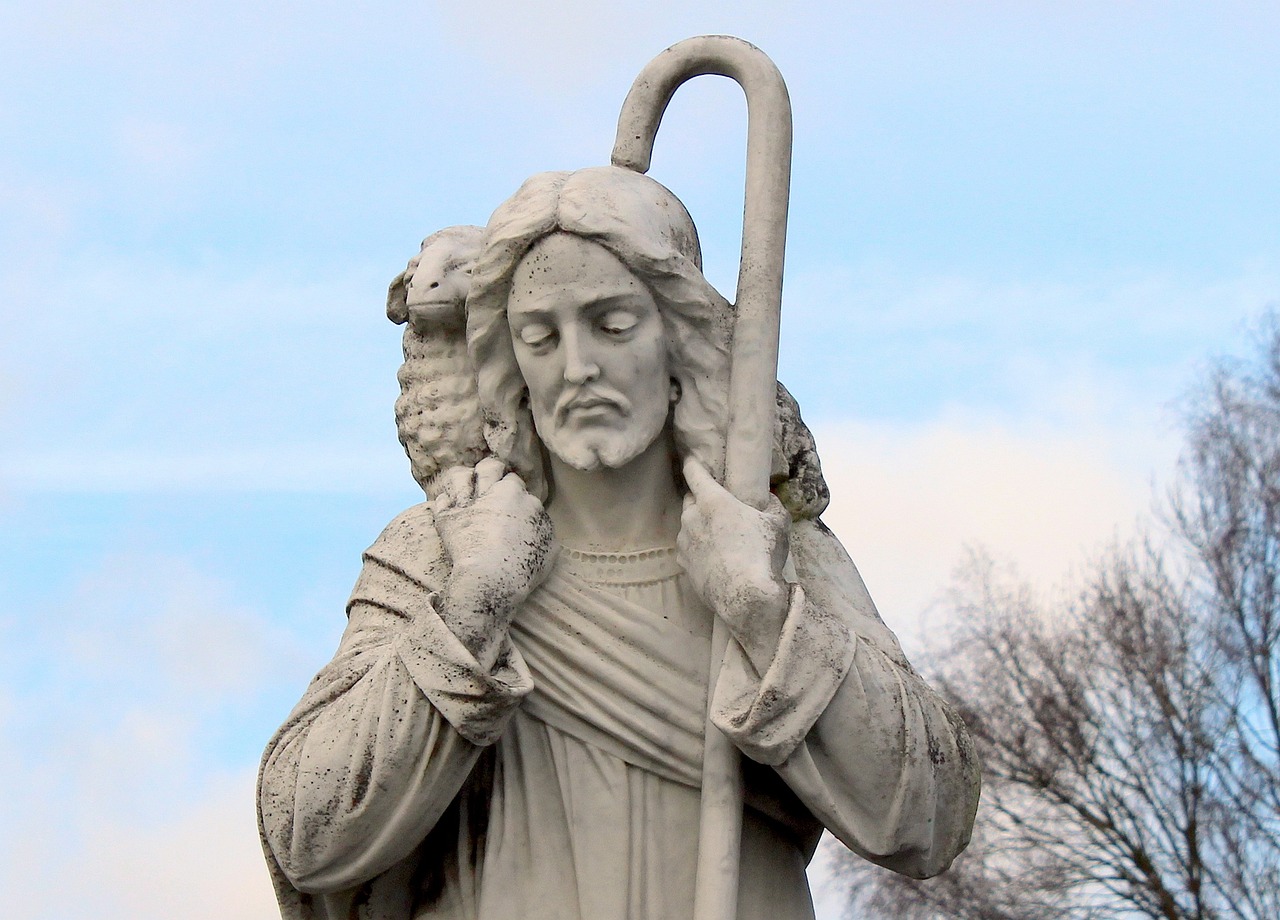
 Kathryn Mulderink, MA, is married to Robert, Station Manager for Holy Family Radio. Together they have seven children (including Father Rob), and eleven grandchildren. She is President of the local community of Secular Discalced Carmelites and has published five books and many articles. Over the last 30 years, she has worked as a teacher, headmistress, catechist, Pastoral Associate, and DRE, and as a writer and voice talent for Catholic Radio. Currently, she serves the Church by writing and speaking, and by collaborating with various parishes and to lead others to encounter Christ and engage their faith. Her website is
Kathryn Mulderink, MA, is married to Robert, Station Manager for Holy Family Radio. Together they have seven children (including Father Rob), and eleven grandchildren. She is President of the local community of Secular Discalced Carmelites and has published five books and many articles. Over the last 30 years, she has worked as a teacher, headmistress, catechist, Pastoral Associate, and DRE, and as a writer and voice talent for Catholic Radio. Currently, she serves the Church by writing and speaking, and by collaborating with various parishes and to lead others to encounter Christ and engage their faith. Her website is 
 Tami Urcia is a midwestern gal from a large Catholic family. As a young adulthood she was a missionary in Mexico, where she studied theology and philosophy. After returning stateside bilingual, she gained a variety of work experience, traveled extensively and finished her Bachelor’s Degree at Brescia University. She loves organizing and simplifying things, watching her children play sports, deep conversations with close family and friends and finding unique ways to brighten others’ day with Christ’s love. She works full time at Diocesan in the Software Department and manages the Inspiration Daily reflections. She is also a contributing writer on
Tami Urcia is a midwestern gal from a large Catholic family. As a young adulthood she was a missionary in Mexico, where she studied theology and philosophy. After returning stateside bilingual, she gained a variety of work experience, traveled extensively and finished her Bachelor’s Degree at Brescia University. She loves organizing and simplifying things, watching her children play sports, deep conversations with close family and friends and finding unique ways to brighten others’ day with Christ’s love. She works full time at Diocesan in the Software Department and manages the Inspiration Daily reflections. She is also a contributing writer on 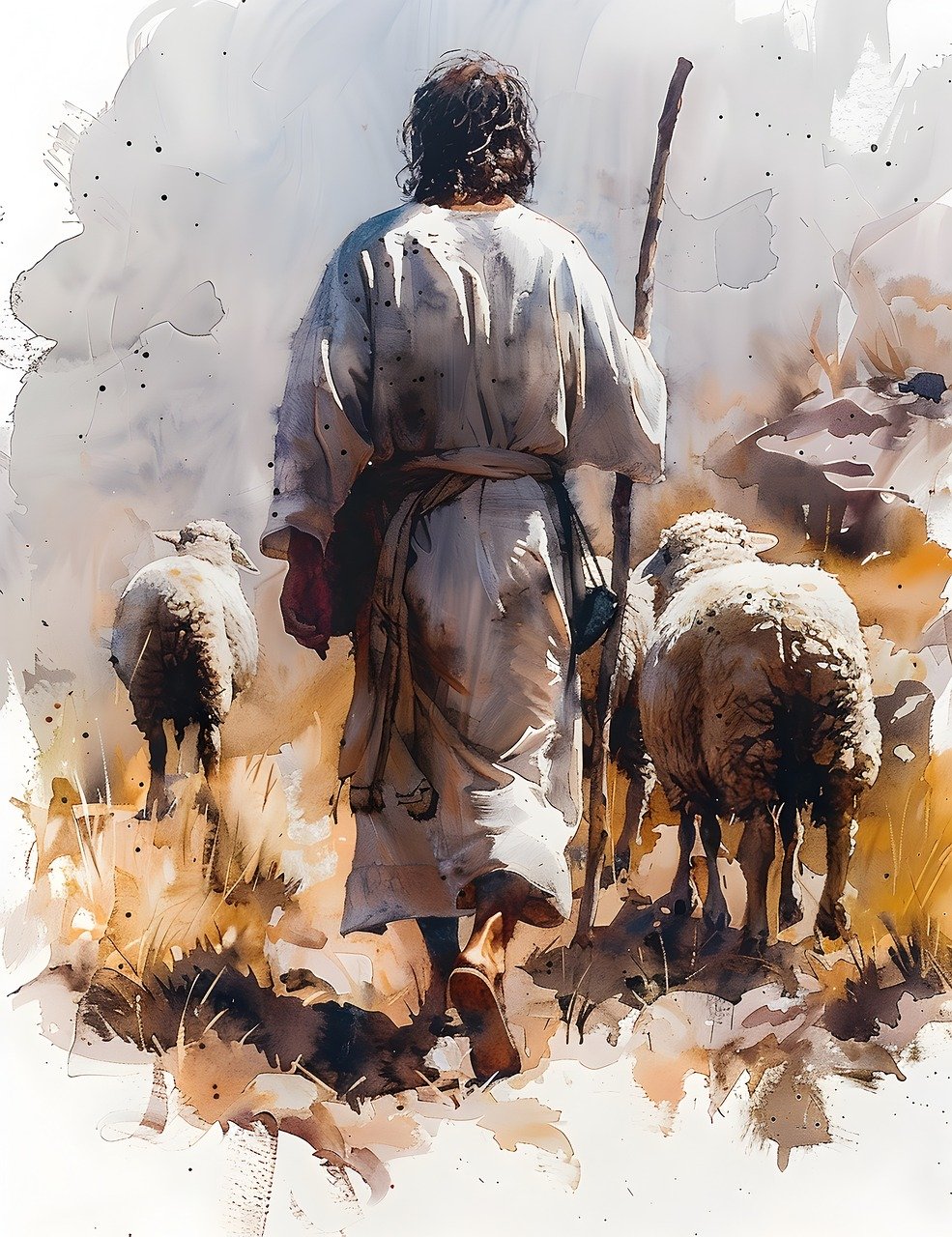

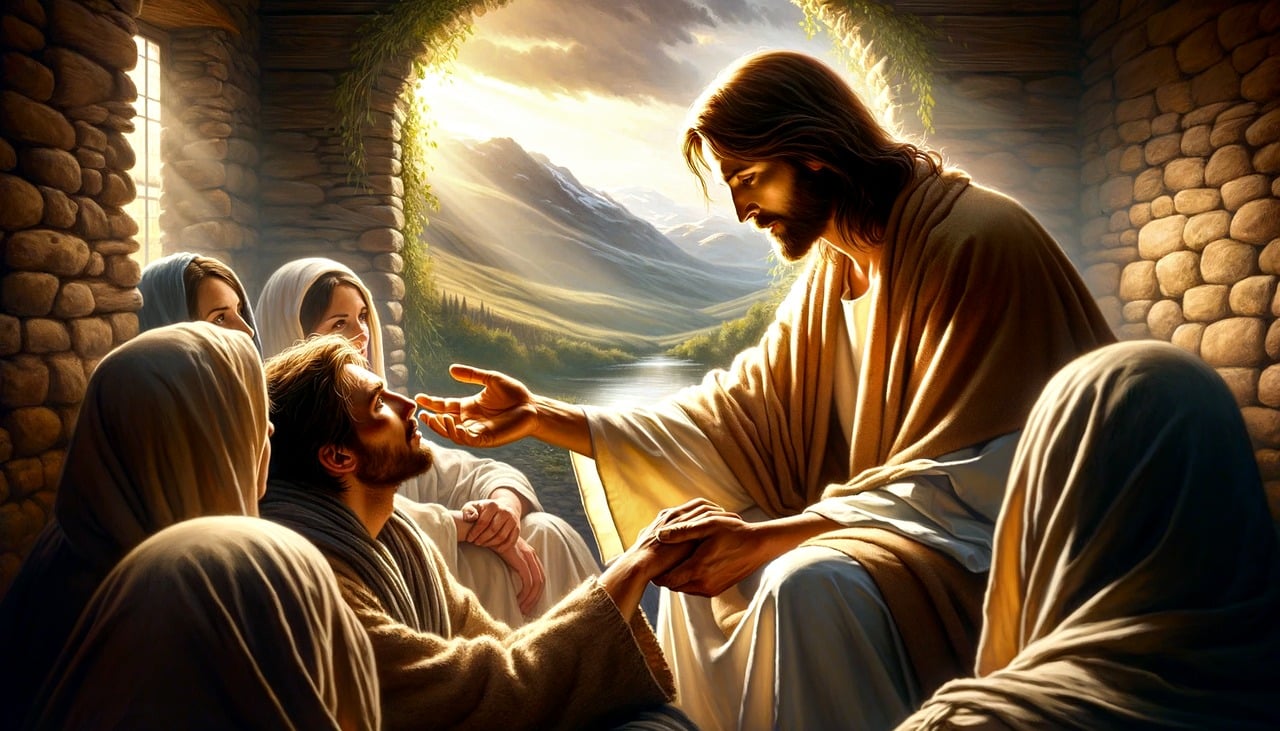
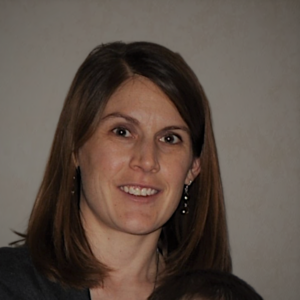 Kimberly Andrich writes from the perspective of having a hidden, chronic illness and experiencing a deep, continuous conversion through being yoked to Jesus in the day-to-day trials and joys of life. She is a wife, mother of 5, and daughter of the King. Kimberly also writes for
Kimberly Andrich writes from the perspective of having a hidden, chronic illness and experiencing a deep, continuous conversion through being yoked to Jesus in the day-to-day trials and joys of life. She is a wife, mother of 5, and daughter of the King. Kimberly also writes for 